Is Gender Selection Possible with IVF in Mexico?
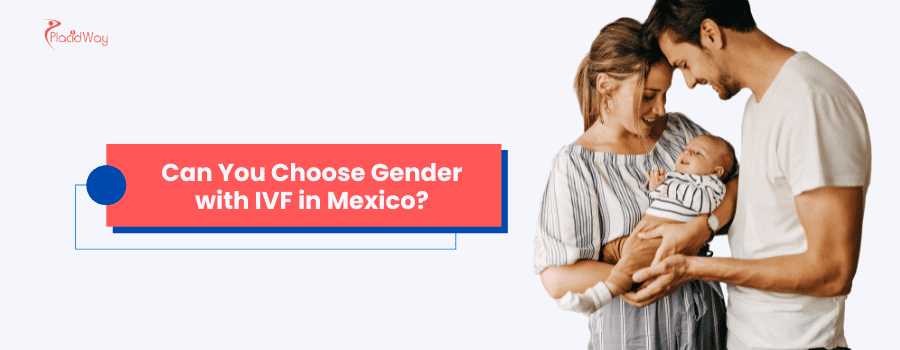
For many hopeful parents, the journey to building a family comes with specific dreams and desires. One of these is often the ability to choose the gender of their child, a process known as gender selection. If you're wondering, "Can you choose gender with IVF in Mexico?" the answer is a resounding yes. Mexico has become a premier destination for fertility tourism, largely due to its permissive laws on assisted reproductive technologies, including gender selection for non-medical reasons like family balancing.
This means that whether you dream of adding a little girl to your family of boys or vice versa, Mexican fertility clinics can help make that a reality. The combination of advanced medical technology, experienced specialists, and significantly lower costs compared to countries like the United States makes Mexico an attractive option for intended parents worldwide. In this guide, we'll explore everything you need to know about IVF with gender selection in Mexico, from the legal landscape and costs to the step-by-step process and what you can expect on your journey.
What is Gender Selection?
Gender selection is a remarkable application of modern reproductive technology. It gives parents the ability to select the sex of their embryo before it is implanted in the uterus. While the term "gender selection" is commonly used, it's more accurately "sex selection," as it pertains to the biological sex (male or female) determined by chromosomes (XX for female, XY for male), not the social construct of gender.
The primary method for gender selection is Preimplantation Genetic Testing for Aneuploidy (PGT-A), which is performed on embryos created through IVF. This test not only reveals the sex of the embryos but also screens them for chromosomal abnormalities, increasing the chances of a healthy pregnancy. For many, gender selection is a way to achieve family balancing, for instance, having a daughter after having several sons. For others, it's a crucial tool to prevent passing on sex-linked genetic disorders.
Is Gender Selection Legal in Mexico?
Mexico stands out as one of the few countries where gender selection is explicitly permitted without major restrictions. This permissive legal environment has made it a hub for "fertility tourism," attracting individuals and couples from nations with stricter regulations, such as Canada, Australia, and many European countries. The Mexican General Law of Health does not prohibit assisted reproductive treatments like IVF, egg donation, or gender selection.
This legal clarity provides peace of mind for intended parents who are seeking these services. Clinics in Mexico are well-regulated by bodies like COFEPRIS (the Federal Commission for the Protection against Sanitary Risk), ensuring high standards of care and safety. This combination of legal freedom and regulatory oversight makes Mexico a trustworthy and popular choice for gender selection IVF.
Why Do People Choose Gender Selection in Mexico?
- Family Balancing: This is the most common reason for elective gender selection. Couples who have one or more children of one sex may desire a child of the opposite sex to complete their family.
- Preventing Genetic Diseases: Some genetic disorders are linked to a specific sex. For example, Duchenne muscular dystrophy and hemophilia primarily affect males. Gender selection can help ensure a child is not born with such a condition.
- Cost-Effectiveness: The cost of gender selection IVF in Mexico is substantially lower than in the United States and other Western countries, often by 30-50%, without compromising on quality.
- High-Quality Care: Many fertility clinics in Mexico are state-of-the-art facilities with experienced, often US-trained, doctors and embryologists.
- Accessibility: For Americans and Canadians, Mexico's proximity makes it a convenient travel destination for treatment.
What is the Cost of Gender Selection IVF in Mexico?
Compared to the United States, where the same procedures can cost upwards of $20,000 to $30,000, Mexico offers significant savings. It's important to get a detailed quote from your chosen clinic, as prices can vary. An "all-inclusive" package should ideally cover:
- Initial consultations
- Ovarian stimulation medications
- Monitoring (ultrasounds and blood tests)
- Egg retrieval procedure
- Intracytoplasmic Sperm Injection (ICSI)
- Embryo culture
- Preimplantation Genetic Testing (PGT-A)
- Embryo transfer
- Cryopreservation of remaining embryos
Always clarify what is included in the quoted price to avoid unexpected expenses. Some clinics may not include medications or certain lab tests in their base price.
How Does the Gender Selection Process Work?
The journey to gender selection is a multi-step process that is carefully managed by your fertility team. Here's a breakdown of what to expect:
- Initial Consultation: You'll meet with a fertility specialist to discuss your medical history and family-building goals.
- Ovarian Stimulation: The female partner will take hormone medications for about 10-12 days to stimulate her ovaries to produce multiple eggs.
- Egg Retrieval: This is a minor surgical procedure performed under sedation. A thin needle is used to collect the mature eggs from the ovaries.
- Fertilization: The collected eggs are fertilized with sperm in the laboratory using IVF or ICSI to create embryos.
- Embryo Culture: The embryos are grown in the lab for 5-6 days until they reach the blastocyst stage.
- Embryo Biopsy and PGT-A: A few cells are carefully removed from each blastocyst and sent for genetic testing. This is where the sex (XX or XY) is identified.
- Embryo Transfer: Once the PGT-A results are in, a healthy embryo of the desired sex is selected and transferred into the woman's uterus.
- Pregnancy Test: About two weeks after the transfer, a blood test is done to determine if the procedure was successful.
What is the Success Rate of Gender Selection in Mexico?
It's crucial to distinguish between the success rate of the gender identification and the success rate of the IVF pregnancy. PGT-A is extremely accurate at determining the sex of an embryo. However, the chance of becoming pregnant after the embryo transfer depends on factors like the woman's age, the quality of the embryos, and the expertise of the fertility clinic.
Many top clinics in Mexico report IVF success rates comparable to or even exceeding those in the U.S. and Europe, often in the range of 50-70% per embryo transfer. By selecting a chromosomally normal embryo through PGT-A, you are also inherently increasing the likelihood of a successful implantation and reducing the risk of miscarriage.
How to Choose the Best Fertility Clinic in Mexico?
- Accreditation: Check for certifications from bodies like COFEPRIS or international organizations.
- Doctor's Experience: Research the qualifications and experience of the fertility doctors and embryologists.
- Technology: Ensure the clinic uses modern technology and techniques like PGT-A and ICSI.
- Transparency: A reputable clinic will be upfront about costs, procedures, and success rates.
- Patient Reviews: Look for reviews and testimonials from previous international patients.
- Communication: The clinic should have bilingual staff to ensure clear communication throughout the process.
What Are the Risks and Ethical Considerations?
The medical risks associated with IVF with gender selection are low but important to understand. They include potential side effects from fertility medications, the risks of the egg retrieval procedure (which are minimal), and a slightly increased chance of multiple births if more than one embryo is transferred. PGT-A itself is considered very safe for the embryo.
The ethical debate around gender selection is more complex. Some people have concerns about the potential for gender imbalance in society and the "commodification" of children. Others strongly believe in reproductive freedom and the right of parents to make choices for their families. In Mexico, the practice is widely accepted, but it's a personal decision that intended parents should consider carefully.
Ready to explore your options for building the family of your dreams? PlacidWay can connect you with leading fertility clinics in Mexico that specialize in gender selection. Contact us today for a free consultation and take the first step on your journey.


.png)
-Package-at-Advanced-Fertility-Center-Cancun,-Cancun,-Mexico.png)



.png)
.png)

.png)
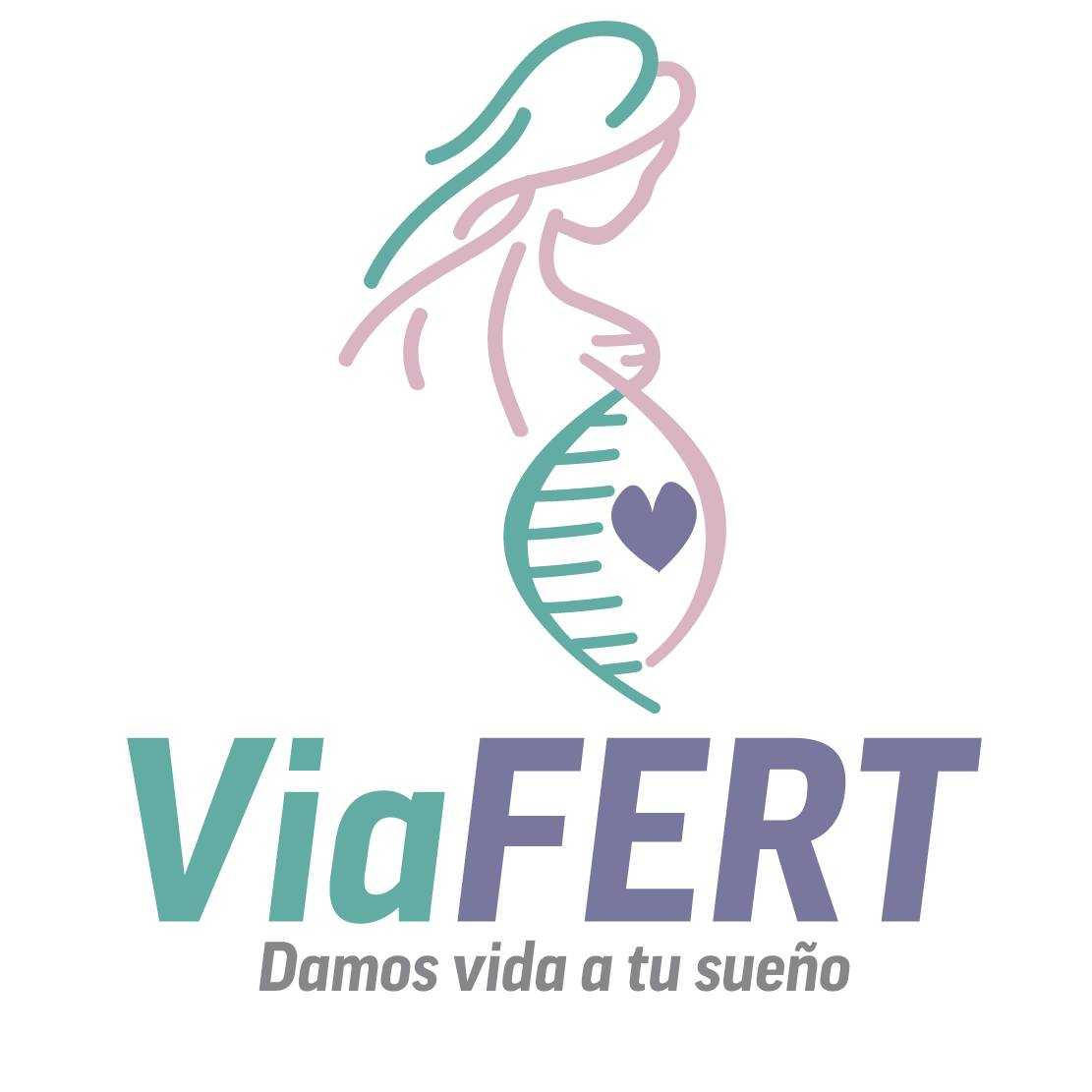
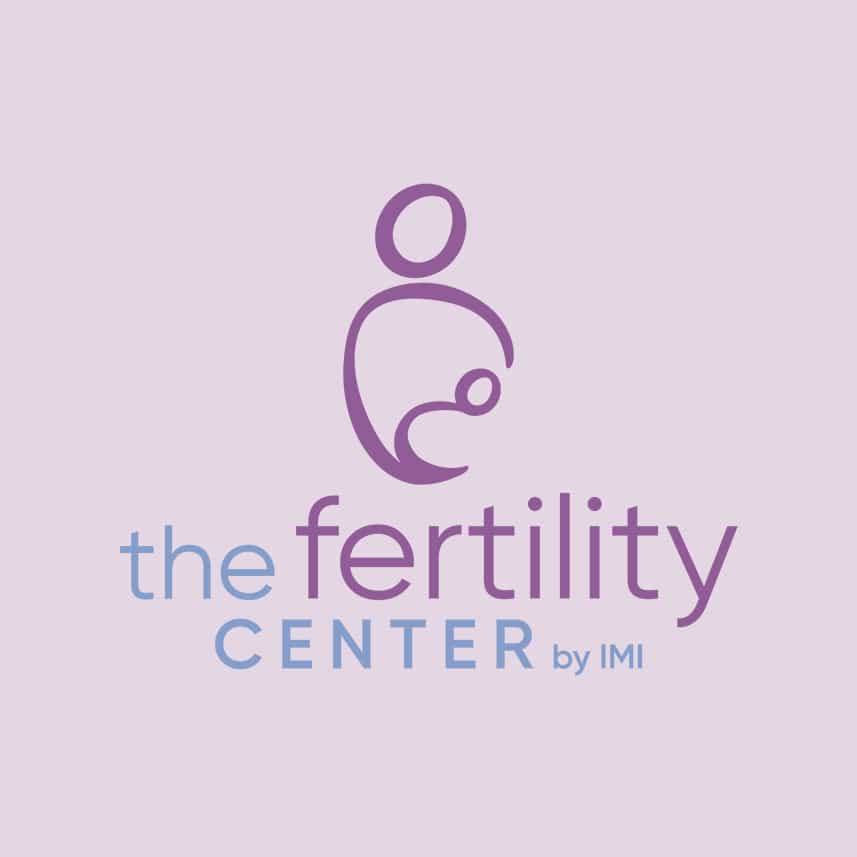
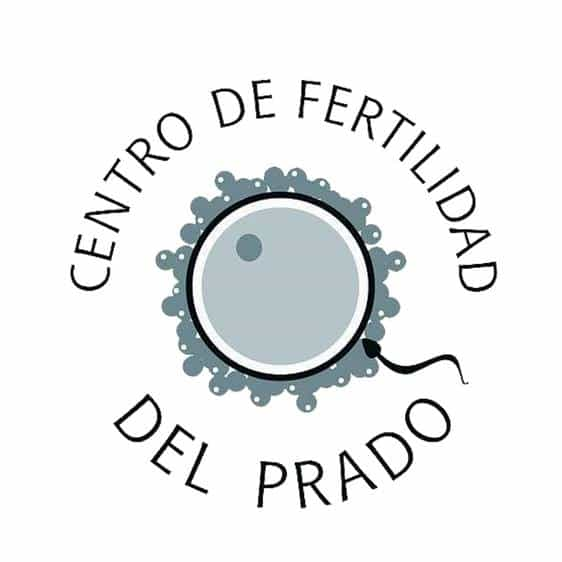

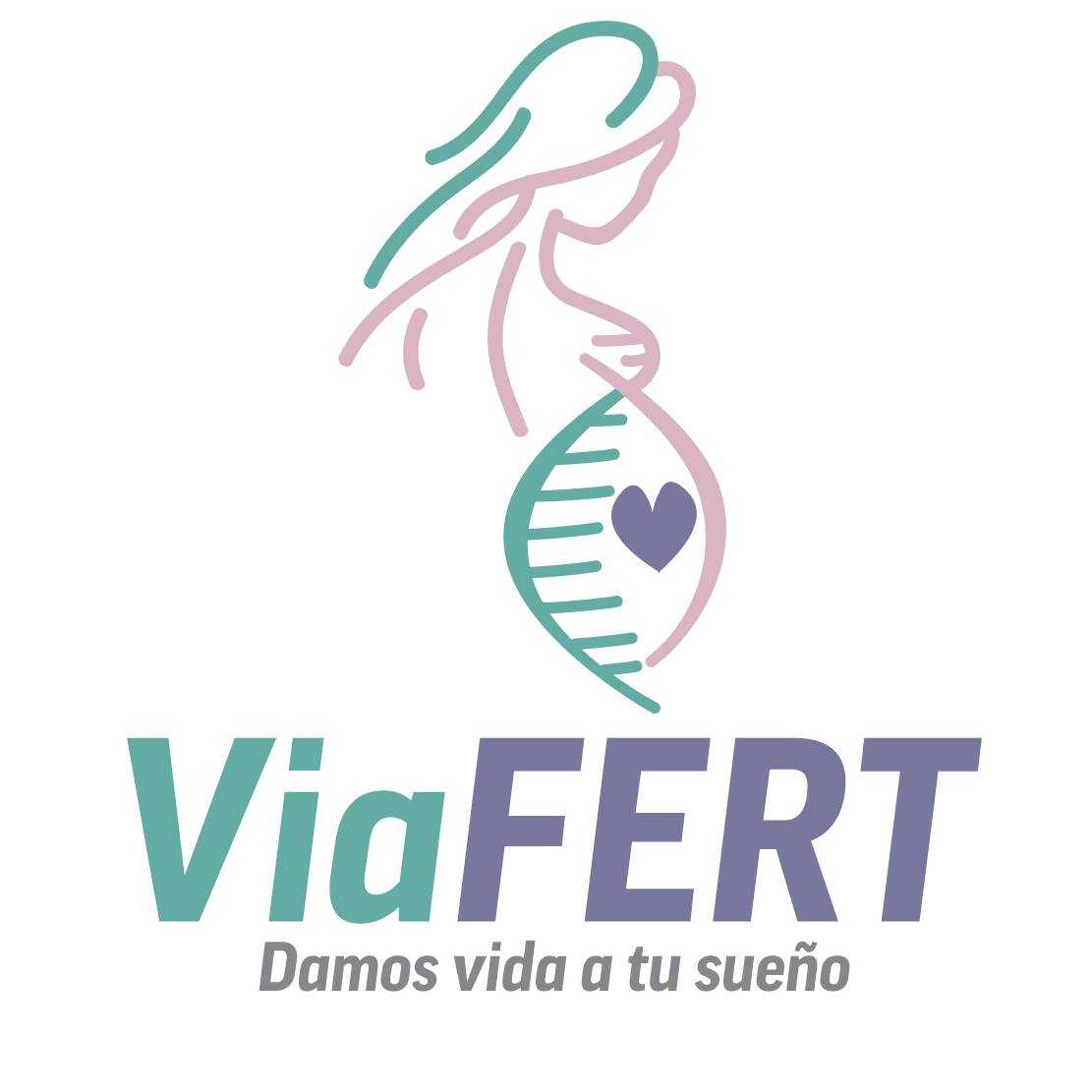

Share this listing